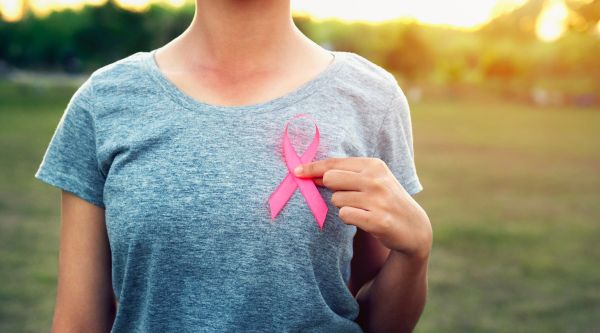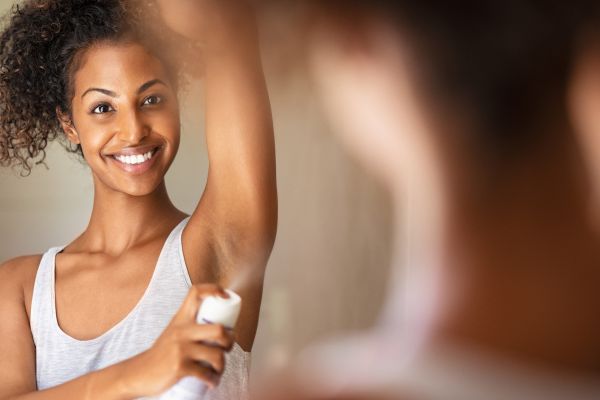

Special Focus - Breast Cancer
Breast cancer is the most frequent type of cancer to affect women. Aluminium is often mentioned as a cause. What is the current-day scientific stand on this assumption?
We thank the GDA for providing this text. You can find the original german version on alles über Alu.
Is there a causal relationship between the uptake of aluminium and the development of breast cancer?
Based on the current scientific status, the Federal Institute for Risk Assessment (BFR) sees no scientifically demonstrable causal connection between the development of breast cancer and the uptake of aluminium. Tumours in the breast are frequently located in the region of the armpit. This is why antiperspirants containing aluminium salts – in contrast to deodorants – are suspected as being factors capable of triggering breast cancer. But in this case too, based on the available scientific facts, the Federal Institute for Risk Assessment (BFR) sees no evidence of a causal connection – even when the cosmetic agents come directly into contact with the skin.


Antiperspirants under false suspicion
The principal conclusion of the European Food Safety Authority (EFSA): from the physiological viewpoint, the weekly uptake of one milligram of aluminium per kilogram body weight with the nutrition is safe. The use of cosmetic products such as antiperspirants can also involve the uptake of aluminium compounds via the skin. Anyone wishing to reduce the total uptake of aluminium on the basis of this information can do so by refraining from using antiperspirants and turning to aluminium-salt-free deodorants instead. The by far most effective way by which consumers can reduce their aluminium uptake, however, is to switch to a more sensible nutrition pattern.
